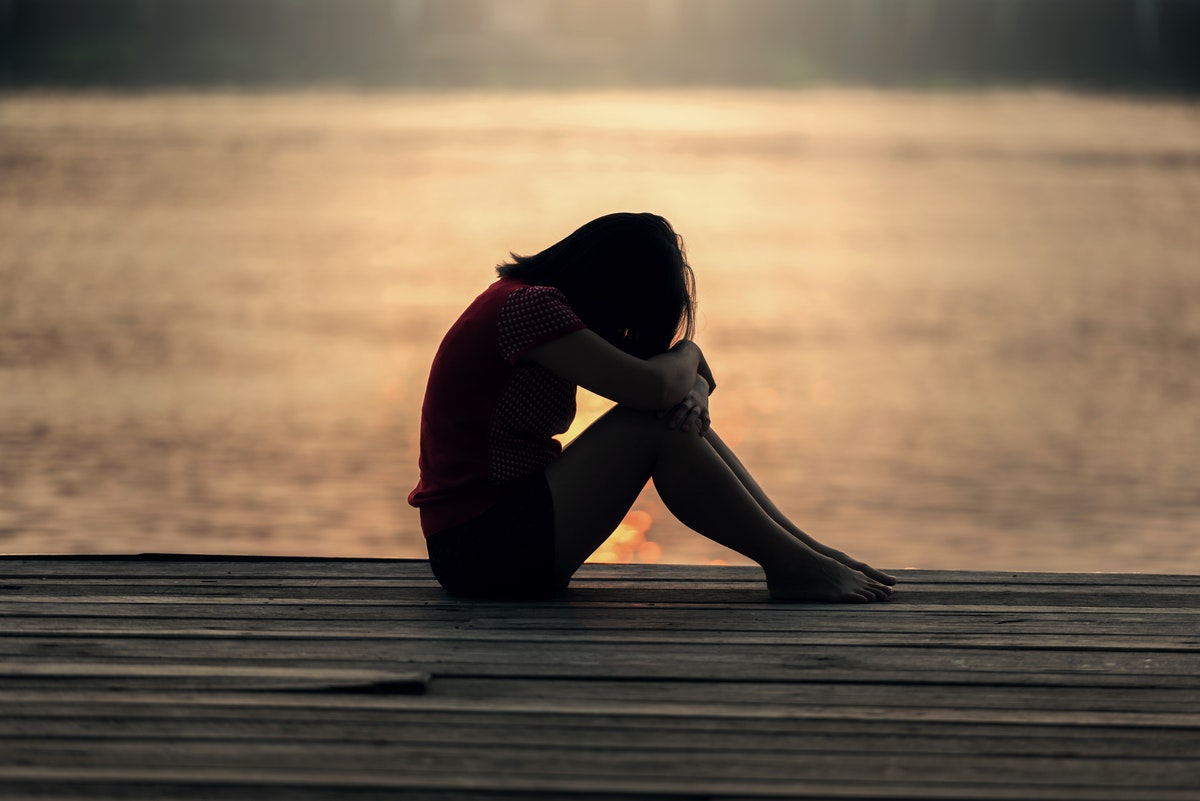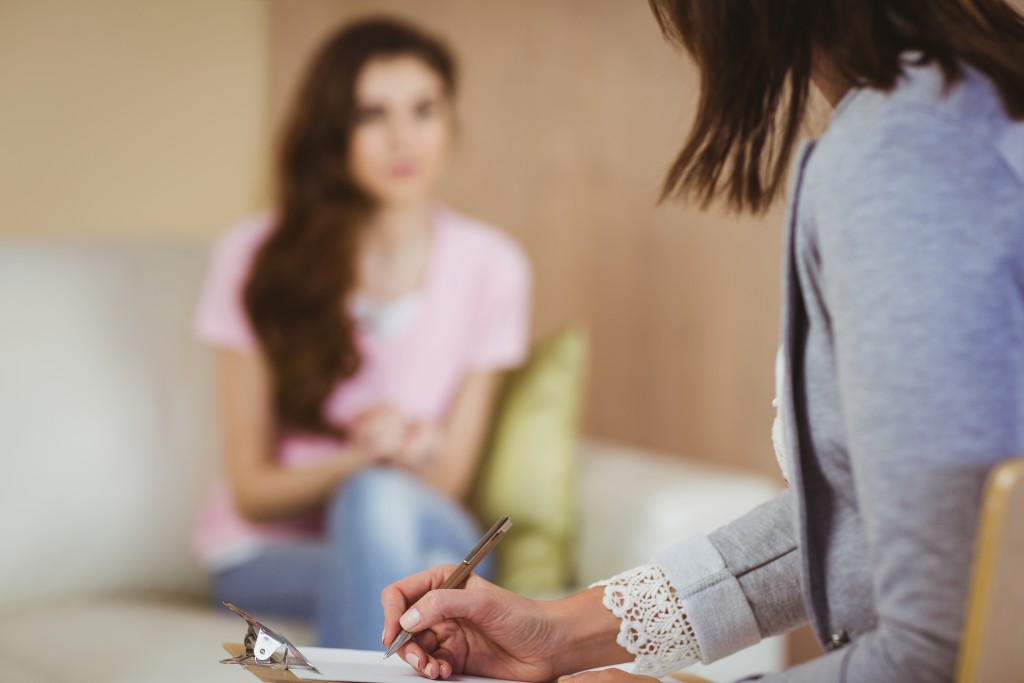Everyone’s facing a hard time during the pandemic. People lost their jobs, and the kids are at home. This makes for a lot of stress and pent-up frustration from not doing anything in this situation. If this has already affected adults, what more the children?
In school, when a child is under stress, they can easily go to their school counsellors. These people act like psychologists that are easily accessible for children having problems. Some of them do study—they do more than take counselling training during summer. In fact, most of them are also psychologists by study and profession.
How do you help the helpers, though? It’s easy to assume that these people may be ready for the challenges of the pandemic, but what if they aren’t? Here are some tips and tools for them to be ready for any stressful conversation during isolated learning.
The Three-Minute Check-in Rule
For those who aren’t in the know, the three-minute check-in is a way for counsellors to connect with the students. These are short three- to five-minute talks which students and counsellors do. It’s one way of giving the young ones the support they need during this time.
There are a lot of problems that may arise during the pandemic. These check-ins aim to gauge just how much help the students need. All concerns can be discussed during these sessions, such as worries about abuse and other problems that may arise, such as mental health problems.
Even if for a short while, it’s recommended to let students talk about their current situation.
Helping Students Cope with the Situation
As previously stated, children tend to be more affected by the current situation than adults. Students need someone who’ll listen to what they say and actively offer solutions or hear them out. That’s what you, as a counsellor, should be doing.
Be an active talker during the session. Ask them whether something is troubling them with the situation; are they sheltering-in-place well? What is the current situation in their neighbourhood? Ask questions that make them feel like you’re caring that much for them. It’ll ease the pain of loneliness and isolation for them.
Saving a Life

There are numerous students currently affected by the situation that are contemplating harming themselves, let alone taking their life. If it’s already worse before the pandemic, then what more after.
This is serious business and should not be taken lightly. If you feel like there’s someone among your students that feels this way, maybe it’s time to consult a professional or seek help from a colleague in your profession.
You can also try role-playing. Experts say that a powerful intervention would be to have them picture their own funeral and imagine who among the people there would be the most upset at their loss.
Group Counselling During the Pandemic
Another way to help your students is to put them into a counselling group together with their peers. Schools most often group students facing the same mental health struggles, such as those whose issues mirror each other. During the pandemic, there is a new way to do this.
If you can, let the students join each other through a Zoom group with sessions being similar to what you would do at school. Let them freely express themselves or have them offer suggestions to each other’s problems. This might lead to an easier time for you to diagnose their problems.
Counselling for Mental Health
Stress will always be a part of life, whether you’re in the office or a student. The most important way counsellors can help their wards is to help them face the problem head-on. COVID-19 vaccines are on the way, but can they really wait for it?
Help them find healthy ways to ride out the pandemic some more. Aid them in acknowledging the situation, then offer solutions if they’re trying to ask for it. Counsellors are supposed to help them, but you should encourage them to try to help themselves too.
It’s a brave new world out there, especially after the pandemic. You should take heed of the problems your students and clients are offering you. Become their confidant; let them find someone they can trust in you. If you’ve managed to do that, then your role as a counsellor is good. Remember that you are someone to help them first and a counsellor second. You should help them connect to you by assuring that you fully understand. Everyone needs a helping hand in these tough times.
